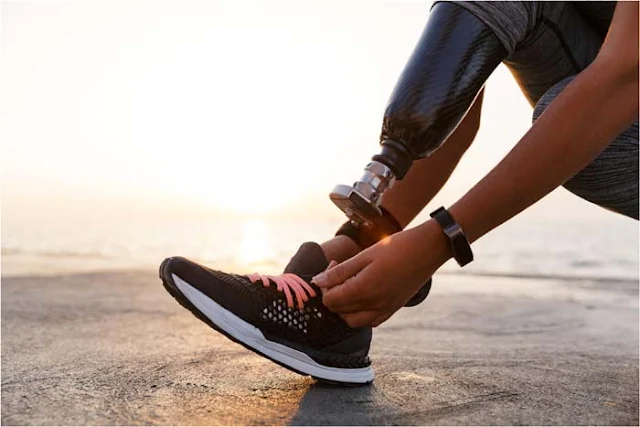Dealing with anxiety
and other emotional instabilities before surgery and post-surgery are two
different and major tasks. Coping with emotional trauma is as tiring as going
through the surgery is. Different people take or deal with their stress in
different ways.
While some people go
easy and cope with emotional impact easily, some may take a long time to get
back to normal. With the right moral support of family and friends, one can
cope quickly. Read the BehavioralHealth Journal.
First and foremost way
to deal is to talk to your doctor about how and what you feel and seek their
help. However, there are a few list things one can do by themselves to try and
cope if they are not willing to share with another person. Exercise, which
already might be a routine part of healing, is a good way to deal with stress.
Exercising helps to
let stress out, boosts the mental as well as physical health, improves
self-esteem, mood, and confidence. Exercising plays a vital role in helping the
person cope and deal with their post-surgery trauma.
Never stay alone.
Always try and keep someone’s company, be it a family member or a close friend.
Try and take someone along with you while you exercise or perform other
activities and tasks.
Additionally, there
are healthcare support centers that offer emotional support and help the
patient requires to cope. Another great way is to stay active as much as
possible. In case you are physically tired, try and do creative work or put on
your thinking cap and work on something that does not require any physical
activity or movement. Include healthy food in your diets such as fruits and
nuts. As much tempting turning to comfort foods may be, try not to eat junk or
unhealthy food that only hampers with the recovery process. Add healthy foods
that are full of protein, nutrients, and other supplements that accelerate the
recovery process.
Maintain a healthy
sleep routine. It is difficult to maintain the regular sleep routine after
surgeries, especially if in a hospital. However, at the same time, doing so
helps to heal better and quicker. A right amount of sleep boosts one’s mental
and physical health. Refer to OrthopedicsJournal to learn more about post-surgery conditions and effects.
Avoid blaming the
injury or the accident on self, as it is common to do so. Try and stop
replaying the incident over and over again in your head blaming yourself for
it. Ask yourself the intention behind such a thought and try to turn it into
positive thoughts.
Disappointment,
frustration, anger, loss or grief, shame, helplessness, resentment, lack of
control, and vulnerability are some of the other major effects post-surgery. It
is more helpful to think how and what can be done in the present to heal
quickly rather than whiling away time and energy on thinking about the accident
or injury.
Loss can be in any
form. A person may lose their appearance, or ability to function the way they
used to before the accident, losing social connections, or financial stability.
It is okay to allow yourself to grieve once in a while to let all the bottled
up feelings as it helps you feel better and have more positive thoughts. It is
important to remind yourself that you are still in control of how and what you
think and help yourself accordingly.
No matter how hard the
incident might have been, remember that you are not alone and there is always
your family and friends to help you.


